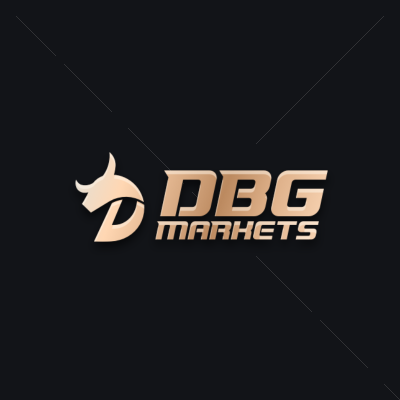DBG Markets has been gaining attention in the trading community for its competitive spreads and robust platform features. Traders often look at spreads as a key metric when evaluating brokers, as they directly impact trading costs. In this article, we will take an in-depth look at DBG Markets' spreads, examining how they stack up against competitors and what this means for traders.
\nUnderstanding Spreads
To begin, let's understand what spreads are and why they matter. A spread is the difference between the bid (buy) and ask (sell) prices quoted for an asset. Narrow spreads generally mean lower trading costs, which can be crucial for frequent traders who aim to maximize their profit margins. DBG Markets prides itself on offering some of the tightest spreads in the market, but how does this translate into real-world trading scenarios?
Real-Time Data Analysis
One of the most effective ways to evaluate a broker's spreads is through real-time data analysis. By collecting and analyzing live trading data, we can see how spreads behave under different market conditions. For instance, during periods of high volatility, spreads tend to widen, while in calm markets, they narrow. DBG Markets has implemented advanced technology to ensure that their spreads remain competitive even during volatile times, which is a significant advantage for traders looking for consistency.
Comparative Cost Analysis
Another critical aspect of evaluating spreads is comparing them with other brokers in the same segment. DBG Markets offers spreads that are on par with leading competitors, but the devil is in the details. Factors such as the type of trading account, minimum deposit requirements, and available trading instruments play a role in determining overall cost efficiency. By dissecting these elements, we can better understand the true cost of trading with DBG Markets.
The Impact on Trading Strategies
For traders employing various strategies, such as scalping or day trading, spreads can significantly influence profitability. Scalpers, who rely on quick trades to capitalize on small price movements, need brokers that offer low spreads to minimize costs. DBG Markets caters well to such traders by providing ultra-low spreads on major currency pairs, making it a popular choice among scalpers and active traders alike.
Conclusion
In conclusion, DBG Markets' spreads are a testament to their commitment to providing traders with a cost-effective trading environment. While spreads are just one part of the equation, they are a vital component when choosing a broker. With real-time data analysis and a focus on maintaining tight spreads, DBG Markets continues to be a strong contender in the competitive online trading arena.













